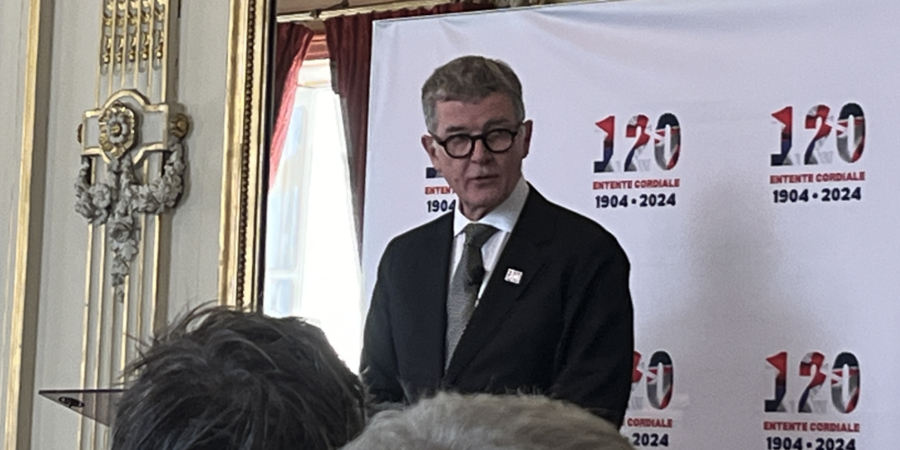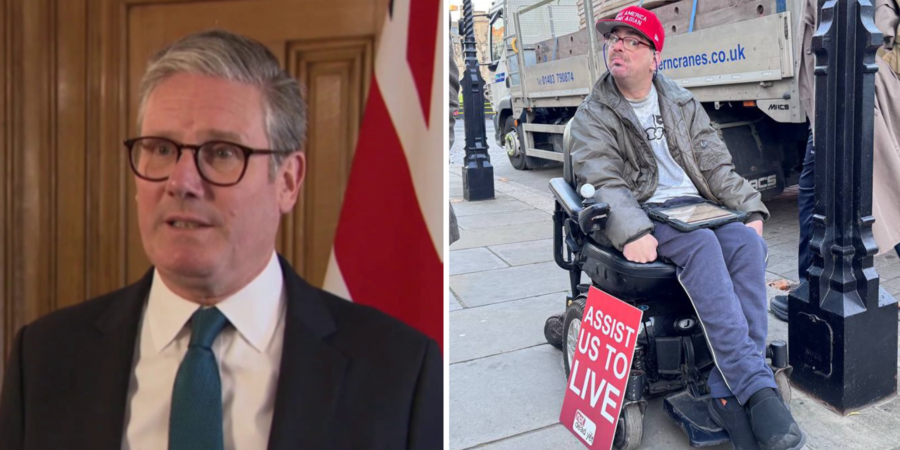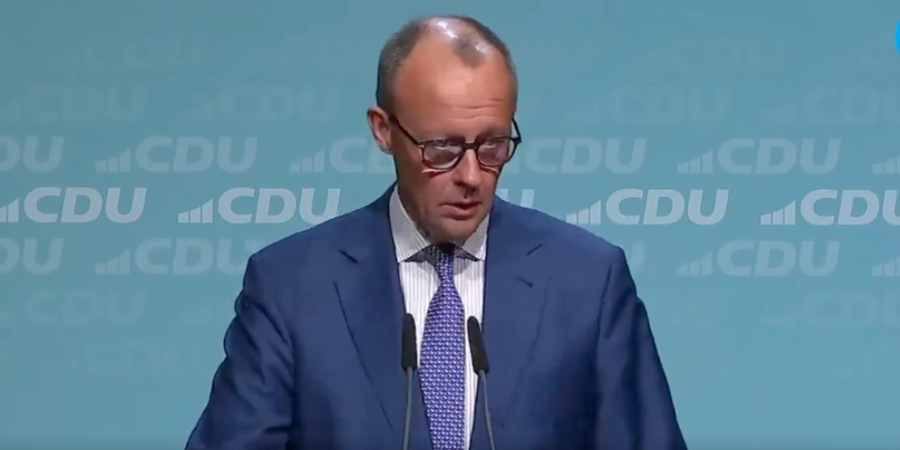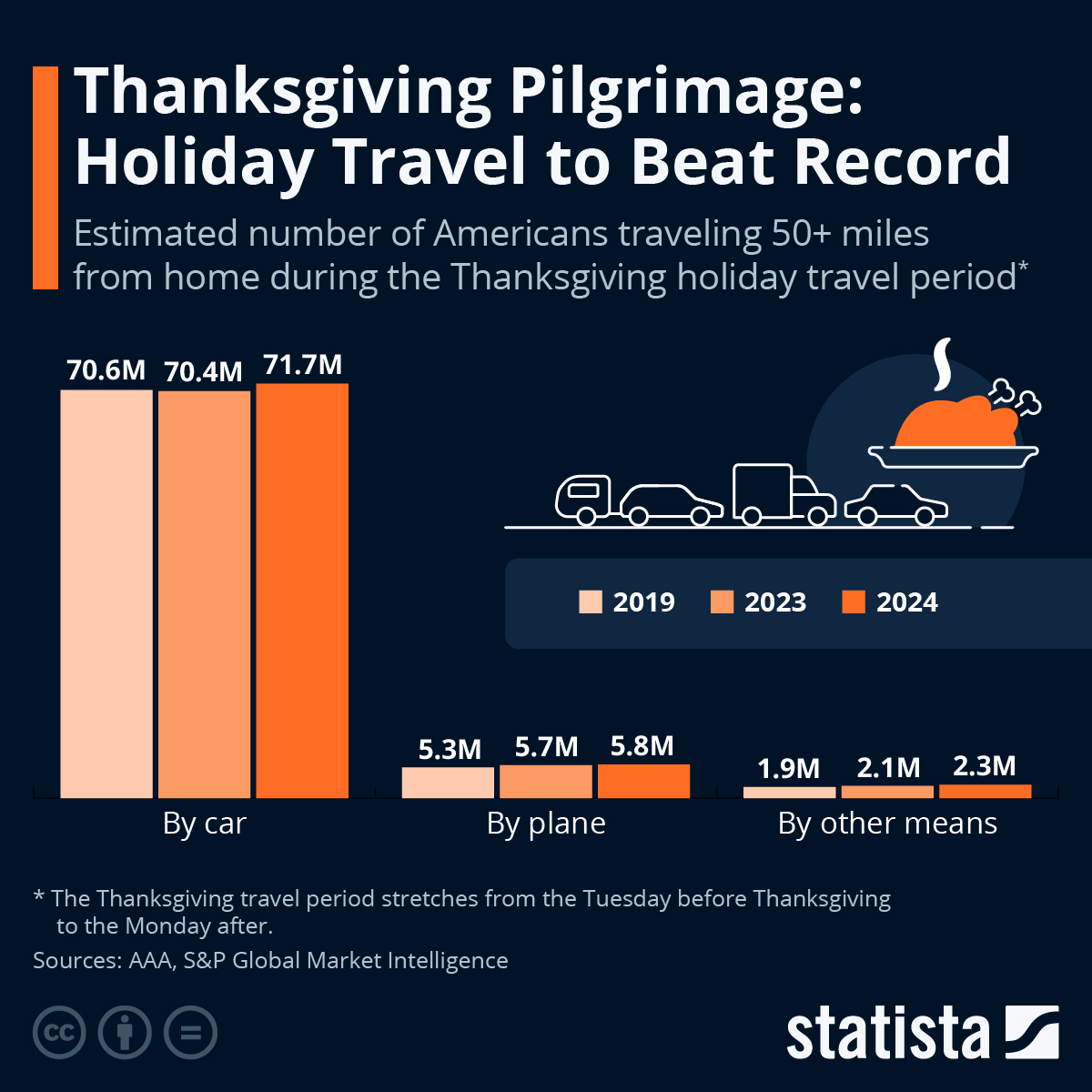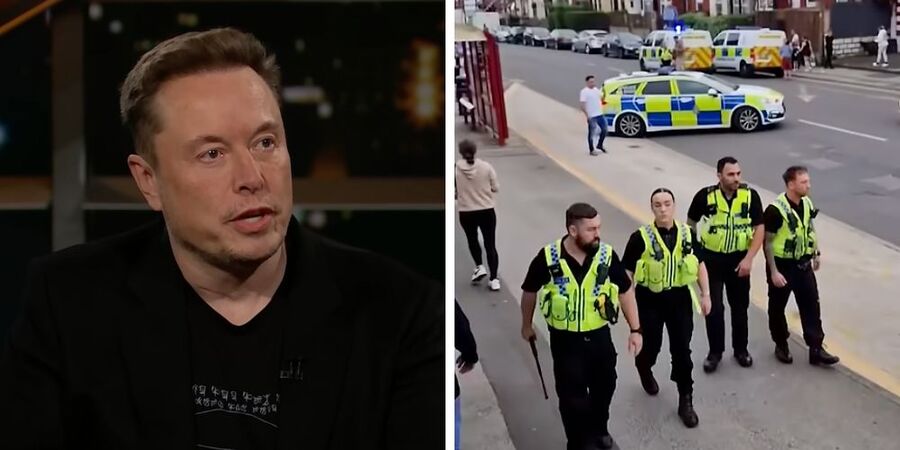Divide & Conquer: Political Riptides Threaten To Overwhelm The Nation
Divide & Conquer: Political Riptides Threaten To Overwhelm The Nation
Authored by John & Nisha Whitehead via The Rutherford Institute,
“We must always take sides. Neutrality helps the oppressor, never the victim. Silence encourages the tormentor, never the tormented. Sometimes we must interfere. When human lives are endangered, when human dignity is in jeopardy, national borders and sensitivities become irrelevant. Wherever men or women are persecuted because of their race, religion, or political views, that place must–at that moment–become the center of the universe.”
– Elie Wiesel, Nobel Peace Prize Speech
Once again we find ourselves approaching that time of year when, as George Washington and Abraham Lincoln proclaimed, we’re supposed to give thanks as a nation and as individuals for our safety and our freedoms.
But how do you give thanks for freedoms that are constantly being eroded?
How do you express gratitude for one’s safety when the perils posed by the American police state grow more treacherous by the day?
How do you come together as a nation in thanksgiving when the powers-that-be continue to polarize and divide us into warring factions?
You can see this struggle—to reconcile the hope for a better, freer, more just world with the soul-sucking reality of a world in which greed, meanness and war continue to triumph—in John Lennon’s two songs, “Imagine” (which exhorted us to “Imagine all the people livin’ life in peace”) and “Happy Xmas (War Is Over)” (which was part of a major anti-war campaign, which were released within months of each other in 1971.
Lennon—a musical genius, anti-war activist, and a high-profile example of the lengths to which the Deep State will go to persecute those who dare to challenge its authority—made clear that the only way to achieve an end to hunger, violence, war, and tyranny is to want it badly enough and work towards it.
All these years later, we still don’t seem to want those things badly enough.
Peace remains out of reach. Activists and whistleblowers continue to be prosecuted for challenging the government’s authority. Militarism is on the rise, all the while the governmental war machine continues to wreak havoc on innocent lives.
For those of us who joined with Lennon to imagine a world of peace, it’s getting harder to reconcile that dream with the reality of the American police state.
Those who do dare to speak up about government corruption are labeled dissidents, troublemakers, terrorists, lunatics, or mentally ill and tagged for surveillance, censorship or involuntary detention.
And then there are those who remain silent while the world falls apart.
By doing nothing, the onlookers become as guilty as the perpetrator.
It works the same whether you’re talking about kids watching bullies torment a fellow student on a playground, passersby watching someone dying on a sidewalk, or citizens remaining silent in the face of government atrocities.
There’s a term for this phenomenon where people stand by, watch and do nothing—even when there is no risk to their safety—while some horrific act takes place: it’s called the bystander effect.
Historically, this bystander syndrome in which people remain silent and disengaged—mere onlookers—in the face of abject horrors and injustice has resulted in whole populations being conditioned to tolerate unspoken cruelty toward their fellow human beings: the crucifixion and slaughter of innocents by the Romans, the torture of the Inquisition, the atrocities of the Nazis, the butchery of the Fascists, the bloodshed by the Communists, and the cold-blooded war machines run by the military industrial complex.
Psychological researchers John Darley and Bibb Latane mounted a series of experiments to discover why people respond with apathy or indifference instead of intervening.
According to Darley and Latane, there are two critical factors that contribute to this moral lassitude. First, there’s the problem of pluralistic ignorance in which individuals in a group look to others to determine how to respond. Second, there’s the problem of “diffusion of responsibility,” which is compounded by pluralistic ignorance. Basically, this means that no one acts to intervene or help because each person is waiting for someone else to do so.
Their findings underscore the fact that evil prevails when good people do nothing.
We see it all the time: when people are vocal about politics but silent in the face of human suffering and injustice, tyranny triumphs.
For instance, psychologist Philip Zimbardo’s Stanford Prison Experiment studied the impact of perceived power and authority on middleclass students who were assigned to act as prisoners and prison guards. The experiment revealed that power does indeed corrupt (the appointed guards became increasingly abusive), and those who were relegated to being prisoners acted increasingly “submissive and depersonalized, taking the abuse and saying little in protest.”
This is how imperial presidents preside over police states.
So, what can we do? Be modern-day Good Samaritans and do your part to push back against the darkness. Recognize injustice. Don’t turn away from suffering. Refuse to remain silent. Take a stand. Speak up. Speak out.
“If you think there is even a possibility that someone needs help, act on it,” advises Zimbardo. “You may save a life. You are the modern version of the Good Samaritan that makes the world a better place for all of us.”
This is what Zimbardo refers to as “the power of one.” All it takes is one person breaking away from the fold to change the dynamics of a situation.
Here’s what I suggest: this holiday season, do yourselves a favor and turn off the talking heads, shut down the screen devices, tune out the politicians, take a deep breath, then do something to pay your blessings forward.
Find something to be thankful for about the things and people in your community for which you might have the least tolerance or appreciation. Instead of just rattling off a list of things you’re thankful for that sound good, dig a little deeper and acknowledge the good in those you may have underappreciated or feared.
When it comes time to giving thanks for your good fortune, put your gratitude into action: pay your blessings forward with deeds that spread a little kindness, lighten someone’s burden, and brighten some dark corner.
Engage in acts of kindness. Smile more. Fight less. Build bridges. Refuse to let toxic politics define your relationships. Focus on the things that unite instead of that which divides.
Do your part to push back against the meanness of our culture with conscious compassion and humanity. Moods are contagious, the good and the bad. They can be passed from person to person. So can the actions associated with those moods, the good and the bad.
Acts of benevolence, no matter how inconsequential they might seem, can spark a movement.
As I make clear in my book Battlefield America: The War on the American People and in its fictional counterpart The Erik Blair Diaries, all it takes is one person to start a chain reaction.
For instance, a few years ago in Florida, a family of six—four adults and two young boys—were swept out to sea by a powerful rip current in Panama City Beach. There was no lifeguard on duty. The police were standing by, waiting for a rescue boat. And the few people who had tried to help ended up stranded, as well.
Those on shore grouped together and formed a human chain. What started with five volunteers grew to 15, then 80 people, some of whom couldn’t swim.
One by one, they linked hands and stretched as far as their chain would go. The strongest of the volunteers swam out beyond the chain and began passing the stranded victims of the rip current down the chain.
One by one, they rescued those in trouble and pulled each other in.
There’s a moral here for what needs to happen in this country if we only can band together and prevail against the riptides that threaten to overwhelm us.
Tyler Durden
Fri, 11/29/2024 – 18:00


